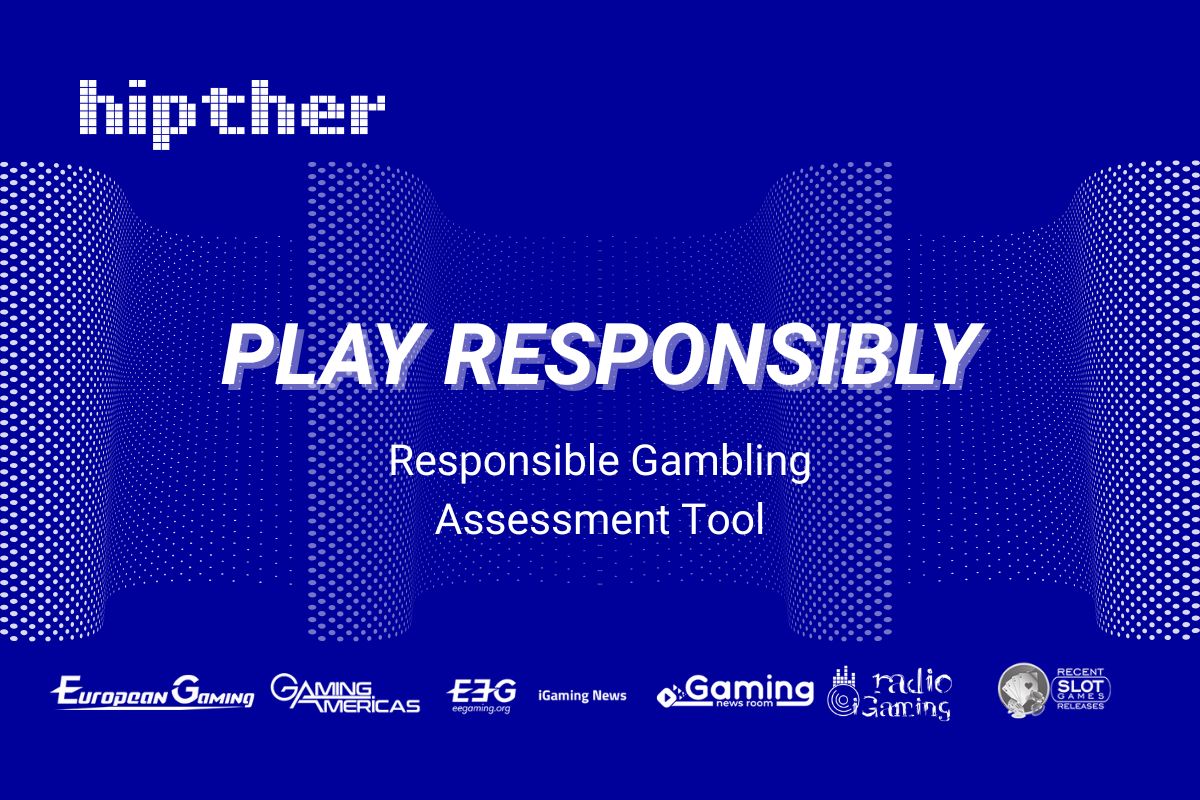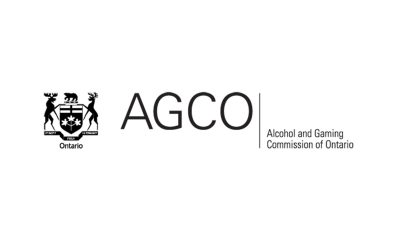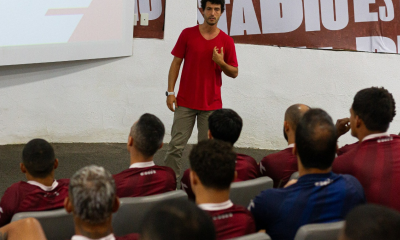Compliance Updates
Bolivian Tennis Official Suspended for 12 Years for Breaching Anti-Corruption Rules

The International Tennis Integrity Agency (ITIA) has confirmed that Bolivian tennis official Percy Flores has been suspended from the sport for 12 years and issued a $15,000 fine for multiple breaches of the Tennis Anti-Corruption Program (TACP).
Flores, a white badge umpire who did not contest the ITIA’s charges, was found to have committed 31 breaches of the TACP between November 2021 and October 2022. The breaches included routine manipulation of scores for betting purposes – by purposely entering the wrong score into the umpire’s handheld device – at ITF World Tennis Tour events and soliciting another official to engage in corrupt conduct.
Anti-Corruption Hearing Officer Professor Richard McLaren determined that Flores’ breaches of the TACP merited a sanction of 15 years in accordance with sanctioning guidelines, but applied a reduction of three years’ suspension due to mitigating circumstances – including the umpire’s early admission of the charges and general good conduct during the investigative process.
The suspension was backdated to the start of Flores’ provisional suspension on 8 December 2022 and will end on 7 December 2034. During this time Flores is prohibited from officiating at or attending any tennis event authorized or sanctioned by the governing bodies of tennis.
Compliance Updates
HIPTHER Launches Responsible Gambling Assessment Tool Across Its Global Gaming Media Network

HIPTHER, a leading media and events brand in the Gaming and Tech industries, has launched a new Responsible Gambling Assessment Tool, now live across all of its gaming media platforms. This quick, anonymous self-test is designed to help players better understand their relationship with gambling, encouraging safer play through awareness and early self-checks.
The “Play Responsibly” tool is backed by clinical research and built with user privacy at its core, based on the globally recognized Problem Gambling Severity Index (PGSI) – a 9-question framework used to assess gambling risk levels, from low to moderate or high.
No sign-up needed. No Cost. No data collected. No Judgement. Just honest insight.
Whether you’re simply curious or looking to take a proactive step toward support, this free tool delivers instant results and practical next steps – all in under two minutes.
Key Features:
- Completely anonymous – no registration or personal data required
- Instant results with tailored guidance
- Available in 5 languages
- Mobile-first and accessible across all devices
- Fully GDPR compliant
Designed to meet WCAG 2.1 AA accessibility standards, the tool ensures a smooth and inclusive user experience for everyone. With multilingual support and local resource integration, it helps diverse populations connect with trusted support networks in their region.
“While our media platforms primarily serve the B2B side of the industry, we know they’re also visited by players looking for insights and updates. That’s why it’s important for us to go beyond headlines and contribute real tools that support safer play. This assessment is one small, meaningful step toward that.” – Zoltán Tűndik, Co-Founder and Head of Business at HIPTHER.
Take the assessment today and share it with your community.
Because gambling should always be safe, informed, and fun.
Try it now on any of HIPTHER’s gaming media platforms:
By launching this tool, HIPTHER reaffirms its ongoing commitment to promoting transparency, responsibility, and player well-being in the global gaming industry. Together with our partners and audiences, we continue working toward a safer, more informed future for players everywhere.
Compliance Updates
Aristocrat Gaming Wins Land-based License to Develop MONOPOLY Slot Games

Aristocrat Gaming and Hasbro announced that Aristocrat Gaming is the winner of a competitive RFP to create MONOPOLY slot games for worldwide land-based gaming venues, securing a multi-year agreement. The landmark partnership will see Aristocrat Gaming launch all-new MONOPOLY-themed slot titles, beginning in early 2026. The company is excited to reintroduce one of the world’s most iconic brands to land-based slot games.
“To be selected as Hasbro’s land-based slots partner – after a highly competitive process – is a proud milestone for Aristocrat Gaming. Our commitment to innovation and bold creativity sets us apart, and we’re excited to reimagine MONOPOLY slot games for today’s players around the globe,” said Craig Toner, CEO of Aristocrat Gaming.
“It was evident through our selection process that Aristocrat Gaming was the natural fit for the next evolution of the Monopoly brand in the gaming category. We can’t wait for Monopoly fans to experience all new premium gaming content on casino floors,” said Claire Hunter Gregson – Director, Gaming Relationships of Hasbro.
Compliance Updates
Statement from NYSGC Chair O’Dwyer Regarding Casino Applicants

NYSGC Chair O’Dwyer has released the following statement regarding casino applicants.
“On behalf of my fellow Commissioners and the Gaming Facility Location Board, I welcome the eight applicants to Develop and Operate a Gaming Facility in New York State to the competition. The Commission and Board are committed to ensuring the casino siting process is fair, transparent, competitive, deliberative, and beneficial for the State of New York.
“This is a tabula rasa – there are no frontrunners or favorites. These eight proposed projects represent billions of dollars in private investment, thousands of jobs, and amenities in addition to a world-class casino – all things that can transform a community. That’s why each project must obtain all local entitlements, including zoning approval, and be approved by a specific Community Advisory Committee of appointees of the elected officials representing the proposed facility’s location. Only those projects that meet both statutory requirements – zoning and Community Advisory Committee approval – by September 30, 2025 will be considered by the Gaming Facility Location Board. This ensures that only those projects embraced by the community are placed before the Board for consideration.
“Appointing authorities for all eight projects have been notified of their obligation to make appointments to the Community Advisory Committees as soon as possible, as Committees are expected to be up and running in the coming weeks. Through the summer, Committees will hold public hearings to gauge support and/or opposition to their respective project, and formally vote whether to advance the project for Board evaluation. Those projects that are not approved by their Community Advisory Committee will not advance.
“The Board will evaluate those projects approved by their Community Advisory Committee and select up to three projects by December 1, followed by Commission licensure. This ensures that New York State will collect the already-booked casino license fee(s) ahead of schedule.
“As the Board has stated in the Request for Applications, the revenue from new gaming facilities is expected to benefit New York’s public schools, mass transit, local governments, and problem gambling treatment services. The jobs created by these casinos are expected to deliver livable wages to help families live, stay, and prosper in New York.
“We look forward to a competitive process with active community engagement for all proposals.”
-

 Canada5 days ago
Canada5 days agoAGCO Fines Great Canadian Casino Resort Toronto $350,000 for Serious Regulatory Violations Linked to Impromptu After-Party on Gaming Floor
-

 Compliance Updates5 days ago
Compliance Updates5 days agoEsportes da Sorte holds forum on “Integrity in Sports” with Ceará and Náutico
-

 Latest News5 days ago
Latest News5 days agoBlokotech unveils Cristian Tonanti as new Casino Partnership Manager
-

 Latest News5 days ago
Latest News5 days agoEDGE Boost Named Preferred Payment Method for World Series of Poker Event Series
-

 Latest News5 days ago
Latest News5 days agoFIRST and Genius Sports Extend Landmark Data Partnership, Powering Continued Growth
-

 Canada5 days ago
Canada5 days agoIGT and Atlantic Lottery Sign Eight-Year Video Lottery Central System Technology Agreement
-

 Latest News4 days ago
Latest News4 days agoNASCAR & iRacing Renew Partnership with PlayVS
-

 Latest News3 days ago
Latest News3 days agoRivalry Reports Full-Year 2024 Results as Strategic Turnaround Takes Hold, Operating Loss Narrows, and Efficiency Improves




